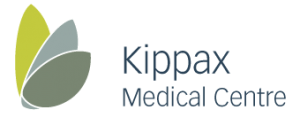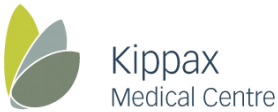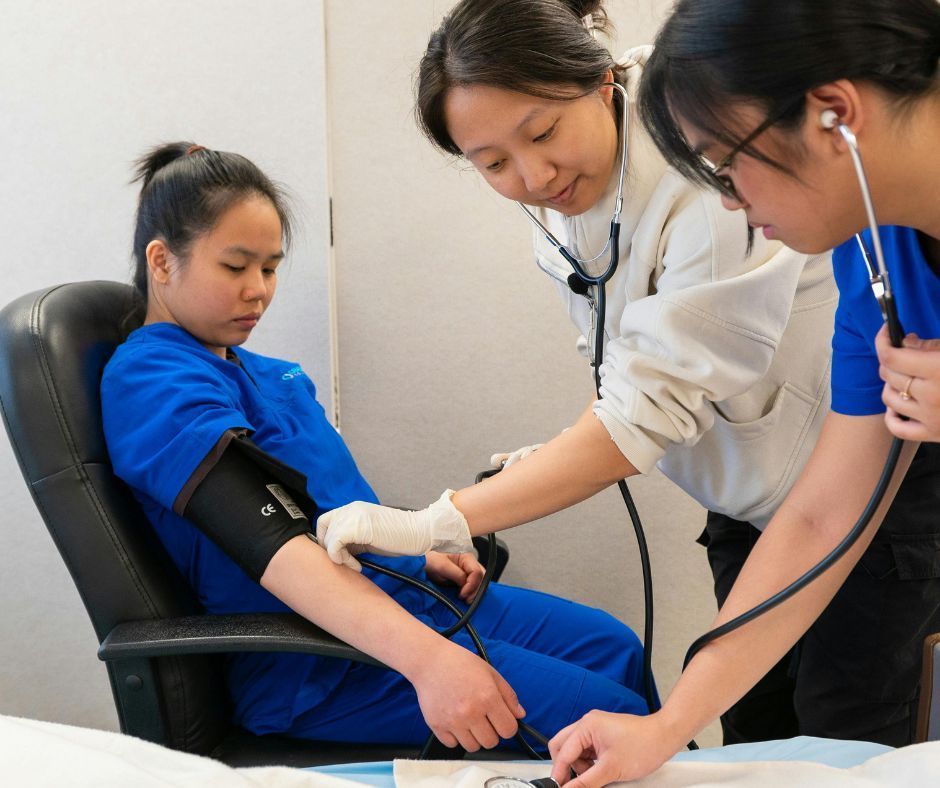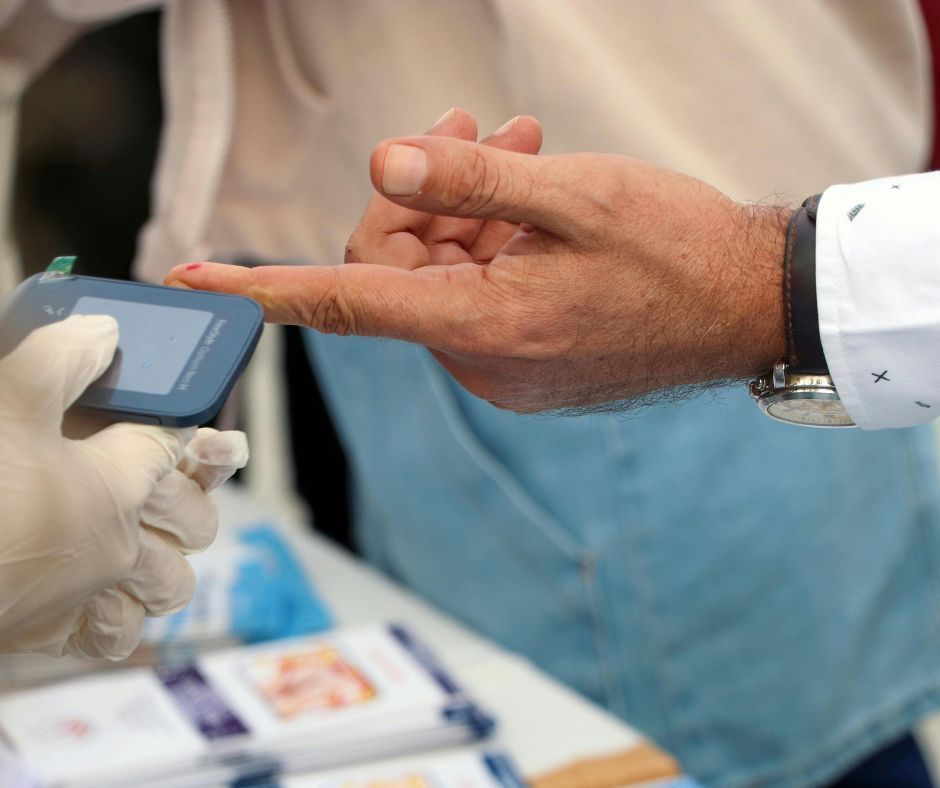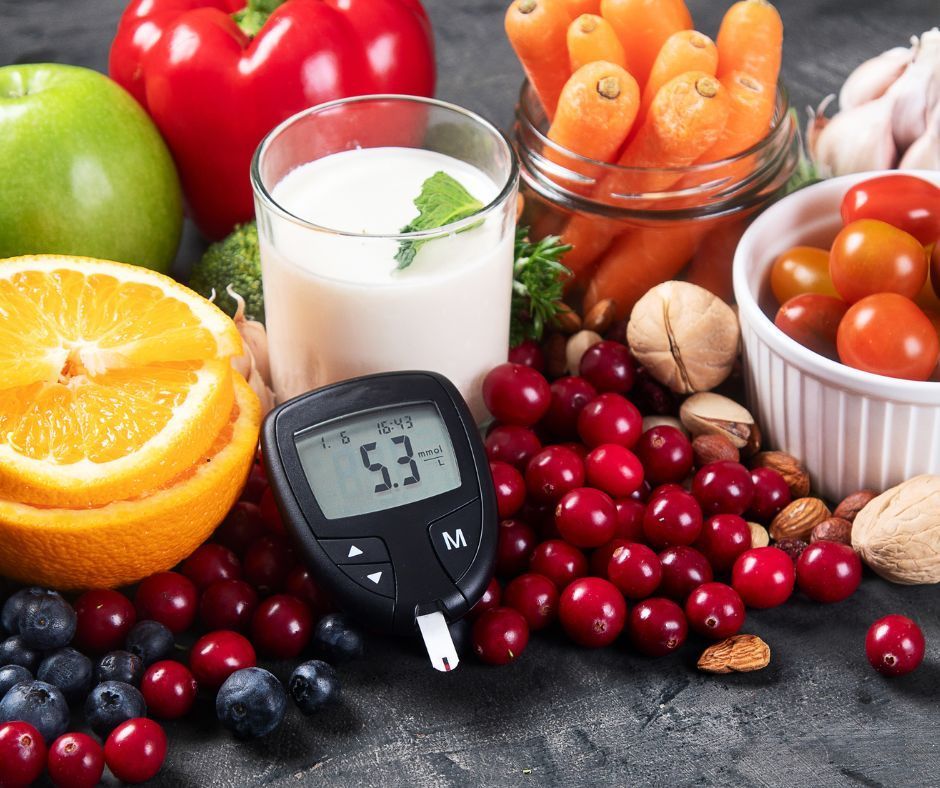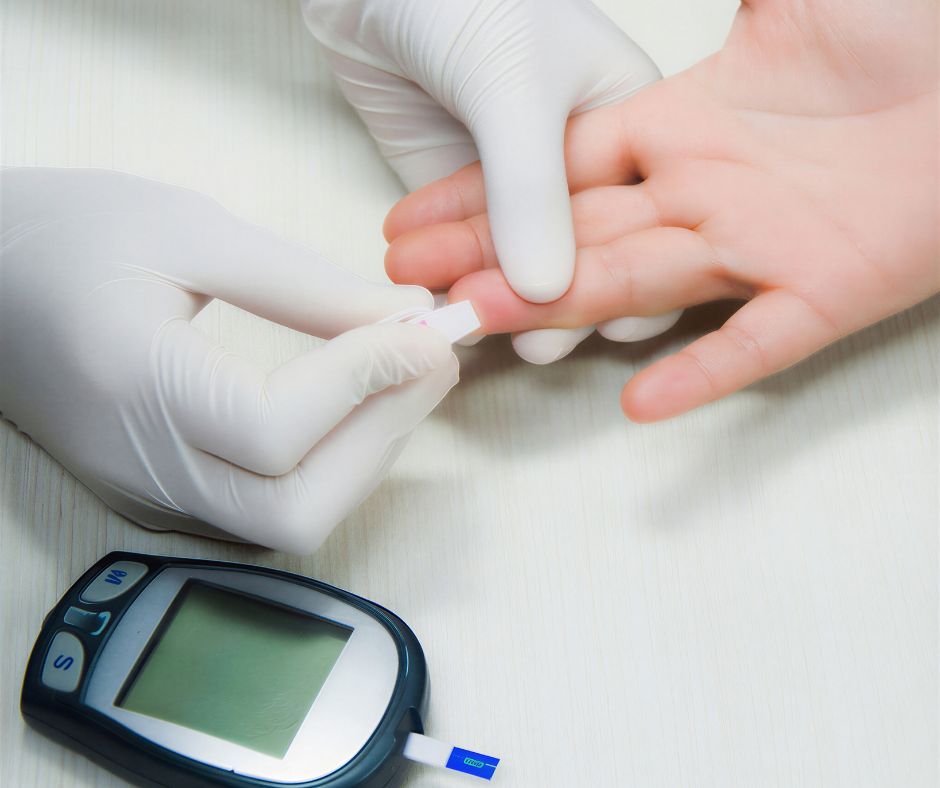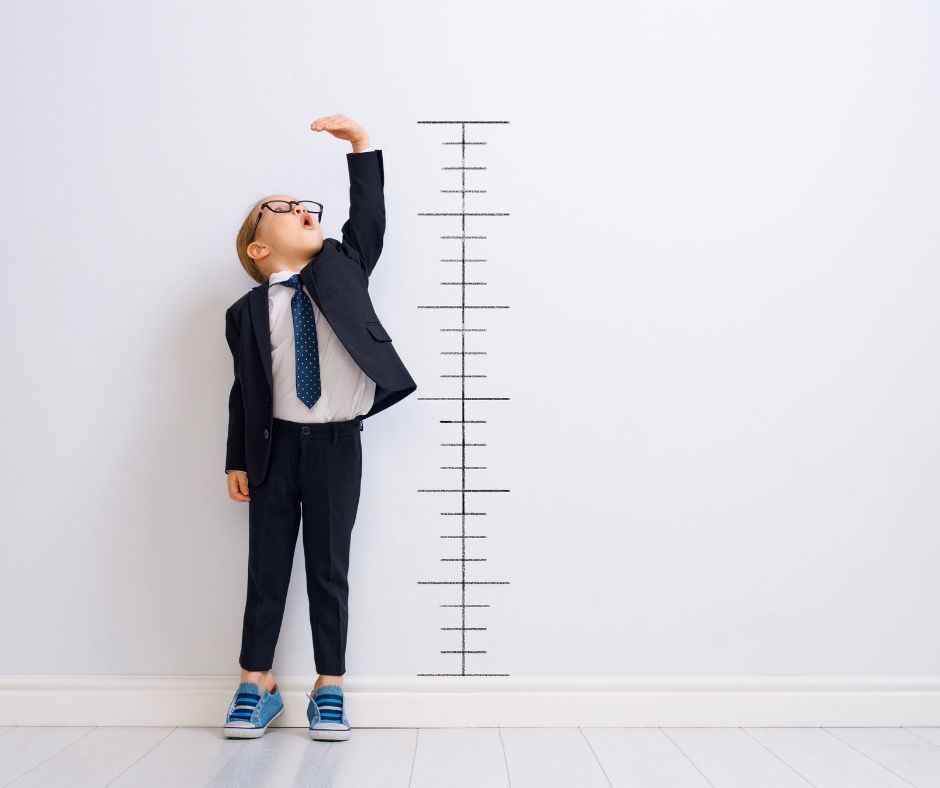What to know about Hypertension
HYPERTENSION

What You Need to Know About Hypertension
Hypertension, or high blood pressure, is a common condition that affects the arteries of the body. It occurs when the force of the blood pushing against the artery walls is consistently too high, making the heart work harder to pump blood.
What causes hypertension?
The exact causes of hypertension are not known, but there are several factors that can increase the risk of developing it. Some of these factors are:
- Age: Hypertension is more common after 50 years of age
- Family history: Having a close relative with hypertension can increase your chances of having it
- Lifestyle: Sedentary lifestyle, poor diet, stress, smoking, alcohol consumption and obesity can contribute to hypertension
- Health conditions: Diabetes, kidney problems, sleep apnea, thyroid or adrenal gland problems can cause or worsen hypertension
- Medications: Some drugs, such as birth control pills, can raise blood pressure
What are the symptoms of hypertension?
Most people with hypertension have no symptoms, even if their blood pressure readings are dangerously high. That's why hypertension is often called a "silent killer". However, some people may experience:
- Severe headache
- Shortness of breath
- Nosebleed
- Severe anxiety
- Feeling of pulsations in the neck or head
These symptoms are not specific and usually do not occur until hypertension has reached a severe or life-threatening stage. Therefore, it is important to have your blood pressure checked regularly by your doctor.
How is hypertension diagnosed?
Blood pressure is measured using an instrument called a sphygmomanometer, which consists of a cuff that is wrapped around your arm and a gauge that shows the pressure. Blood pressure is expressed in millimeters of mercury (mmHg) and has two numbers:
- Systolic pressure: The top number that measures the pressure when the heart contracts and pumps blood
- Diastolic pressure: The bottom number that measures the pressure when the heart relaxes and fills with blood
According to the American College of Cardiology and the American Heart Association, blood pressure is categorized into four general categories:
- Normal: Less than 120/80 mmHg
- Elevated: 120-129/less than 80 mmHg
- Stage 1 hypertension: 130-139/80-89 mmHg
- Stage 2 hypertension: 140 or higher/90 or higher mmHg
Blood pressure higher than 180/120 mmHg is considered a hypertensive emergency or crisis and requires immediate medical attention.
Your doctor will diagnose you with hypertension if you have three or more readings that are higher than 140/90 mmHg on different occasions and days. Your doctor may also order some tests to check for any underlying causes or complications of hypertension, such as:
- Blood tests: To check for cholesterol, glucose, electrolytes, kidney function and other indicators of health
- Urine tests: To check for protein, blood and signs of kidney damage
- Electrocardiogram (ECG): To measure the electrical activity of the heart and detect any abnormalities
- Echocardiogram: To create an image of the heart and assess its structure and function
- Chest X-ray: To check for enlarged heart, fluid in the lungs or other signs of heart disease
How is hypertension treated?
The treatment of hypertension depends on several factors, such as your blood pressure level, your overall health, your age and your risk of cardiovascular disease. The main goals of treatment are to lower your blood pressure to a healthy range and prevent any complications.
The first step in treating hypertension is to make some lifestyle changes, such as:
- Eating a healthy diet that is low in salt, saturated fat, cholesterol and trans-fats and rich in fruits, vegetables, whole grains, fish, poultry and nuts
- Getting regular exercise for at least 30 minutes a day on most days of the week
- Losing weight if you are overweight or obese
- Quitting smoking if you smoke
- Limiting alcohol intake to no more than one drink per day for women and two drinks per day for men
- Managing stress by practicing relaxation techniques, such as meditation, yoga or deep breathing
If lifestyle changes are not enough to lower your blood pressure or if you have other health conditions that require more aggressive treatment, your doctor may prescribe one or more medications to help control your blood pressure. There are many types of drugs available for hypertension, and your doctor will choose which medications suit your particular needs, based on your age, level of hypertension and co-morbidities such as diabetes and obesity.
What are the complications of hypertension?
Hypertension can damage many organs and systems in the body over time, leading to serious and sometimes fatal complications, such as:
- Heart attack: A blockage of blood flow to the heart muscle, causing chest pain, shortness of breath, sweating and nausea
- Stroke: A blockage or rupture of a blood vessel in the brain, causing sudden weakness, numbness, vision loss, speech difficulty and confusion
- Heart failure: A condition in which the heart cannot pump enough blood to meet the body's needs, causing fatigue, swelling, coughing and difficulty breathing
- Kidney disease: A loss of kidney function due to damage to the blood vessels or filters in the kidneys, causing protein or blood in the urine, swelling, itching and nausea
- Eye disease: A damage to the blood vessels or nerves in the eyes, causing blurred vision, floaters, flashes or blindness
- Erectile dysfunction: A difficulty or inability to achieve or maintain an erection due to reduced blood flow to the penis
- Memory loss: A decline in cognitive function due to reduced blood flow to the brain, causing forgetfulness, confusion and dementia
How can I prevent hypertension?
The best way to prevent hypertension is to adopt a healthy lifestyle from an early age. This includes:
- Eating a balanced diet that is low in salt and high in potassium, calcium and magnesium
- Getting regular physical activity for at least 150 minutes per week
- Maintaining a healthy weight and body mass index (BMI)
- Avoiding smoking and exposure to secondhand smoke
- Limiting alcohol intake to moderate levels
- Managing stress effectively and seeking help if needed
You should also have your blood pressure checked at least every two years starting from age 18 or more often if you have a family history of hypertension or other risk factors. If you have prehypertension (120-139/80-89 mmHg) or borderline hypertension (140/90 mmHg), you should take steps to lower your blood pressure before it becomes a problem.
Hypertension is a serious condition that can affect your quality of life and increase your risk of death. However, with proper diagnosis, treatment and prevention, you can control your blood pressure and reduce your chances of developing complications. Talk to your doctor about your blood pressure and how you can keep it in a healthy range.
Our Doctors at the Kippax Medical Centre have a lot of experience dealing with hypertension and other health issues.
